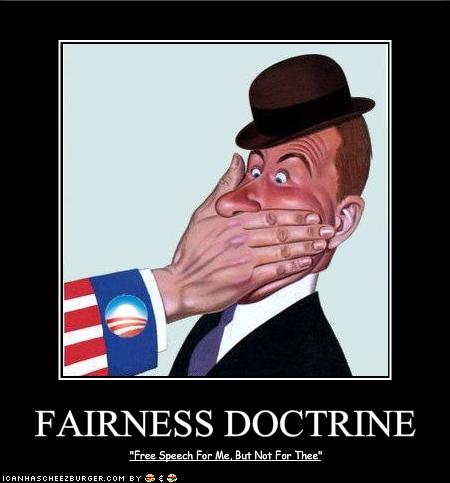
"Error of opinion may be tolerated where reason is left free to combat it."
- Thomas Jefferson, First Inaugural Address, 04 March 1801
"So let's leave it alone, 'cause we can't see eye to eye.The absolute worst laws are passed as a quick response to a crisis. In a heightened sense of urgency, lawmakers are willing to pass some extreme, simplistic solution whose faults become apparent only after the crisis has passed. The 9/11 attacks gave us the PATRIOT act and the TSA, and our civil liberties have suffered ever since. In 2008, the housing bust was addressed with two complex, obscenely expensive and hastily composed programs, the stimulus package and TARP. These programs did not prevent a severe economic downturn, and will be paid for by generations born long after this crisis has passes.
There ain't no good guys, there ain't no bad guys.
There's only you and me and we just disagree."
- From "We Just Disagree" by Billy Dean
Which brings us to the latest crisis: the tragic shooting in Tucson, Arizona of Rep. Gabrielle Giffords and others. The instant analysis of the shooter's motivation was that it was a product of a harsh political environment. This has lead two Democratic representatives, Rep. Jim Clyburn (SC) and Rep. Bob Brady (PA), to propose reinstating the fairness doctrine. This FCC policy, first instated in 1949 and dropped in 1987, required broadcasters to present controversial issues of public importance in way that the FCC board finds to be honest and balanced. Supporters argue that a revived fairness doctrine would keep Rush Limbaugh, Glenn Beck, and Bill O'Reilly off the air, resulting in a more civil political discourse.
Hopefully, cooler heads will prevail and the fairness doctrine will remain dead. The history of this doctrine indicates that it leads to ersatz censorship, and that it is especially unfair to the left. The problem with the fairness doctrine is that FCC officials of the current administration determines what is "honest and balanced" coverage, and inevitably their definition of balance reflects the administrations' point of view. The temptation to abuse this doctrine is hard to resist; Arthur Larson, a Democratic official from the JFK / LBJ years, admitted to using the doctrine to suppress right wing broadcasters. Larson regretted this censorious use of the FCC, especially after Richard Nixon used the fairness doctrine to suppress his critics. Shows such as "The Smothers Brothers Comedy Hour" and the TV documentary "The Selling of the Pentagon" came under FCC scrutiny for their perceived left tilt. The liberal publications of that time (e.g. The Nation or Ramparts) decried the fairness doctrine on free speech grounds.
The democrats may control the FCC for now, but political fortunes can change on a dime. Remember back in 2004, when the Democratic party was given up for dead? In 2008, a mere 4 years later, political pundits declared that the Republicans would be a political minority for at least a generation. Then came the 2010 elections, and the tables turned once again. Who knows which side will control the FCC in 2013? Keep in mind that an FCC with the power to boot Rush Limbaugh, Glen Beck and Bill O'Reilly off the air also has the power to silence Keith Olbermann, Chris Matthews, and Rachel Maddow.
The fairness doctrine unfairly favors the status quo over the agents of change. Liberal support for this doctrine is therefore self defeating. We should not use this crisis to weaken our first amendment protections.

